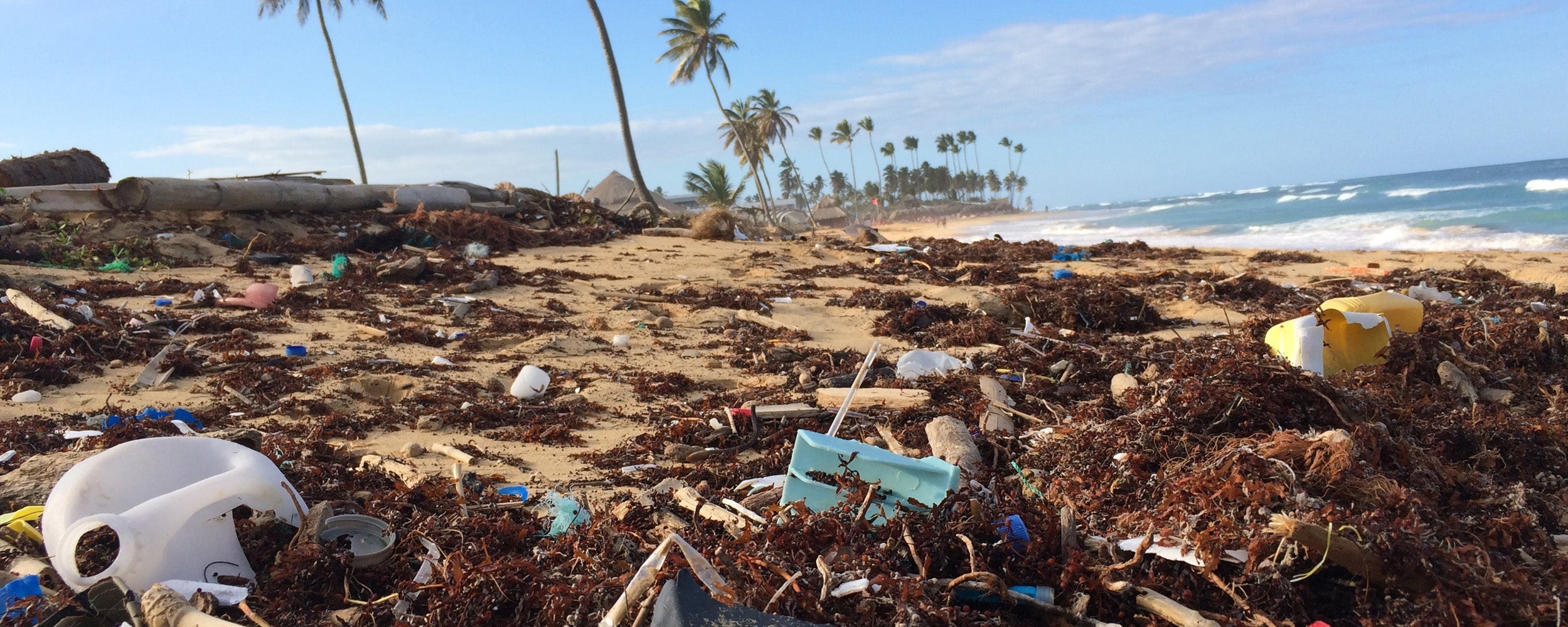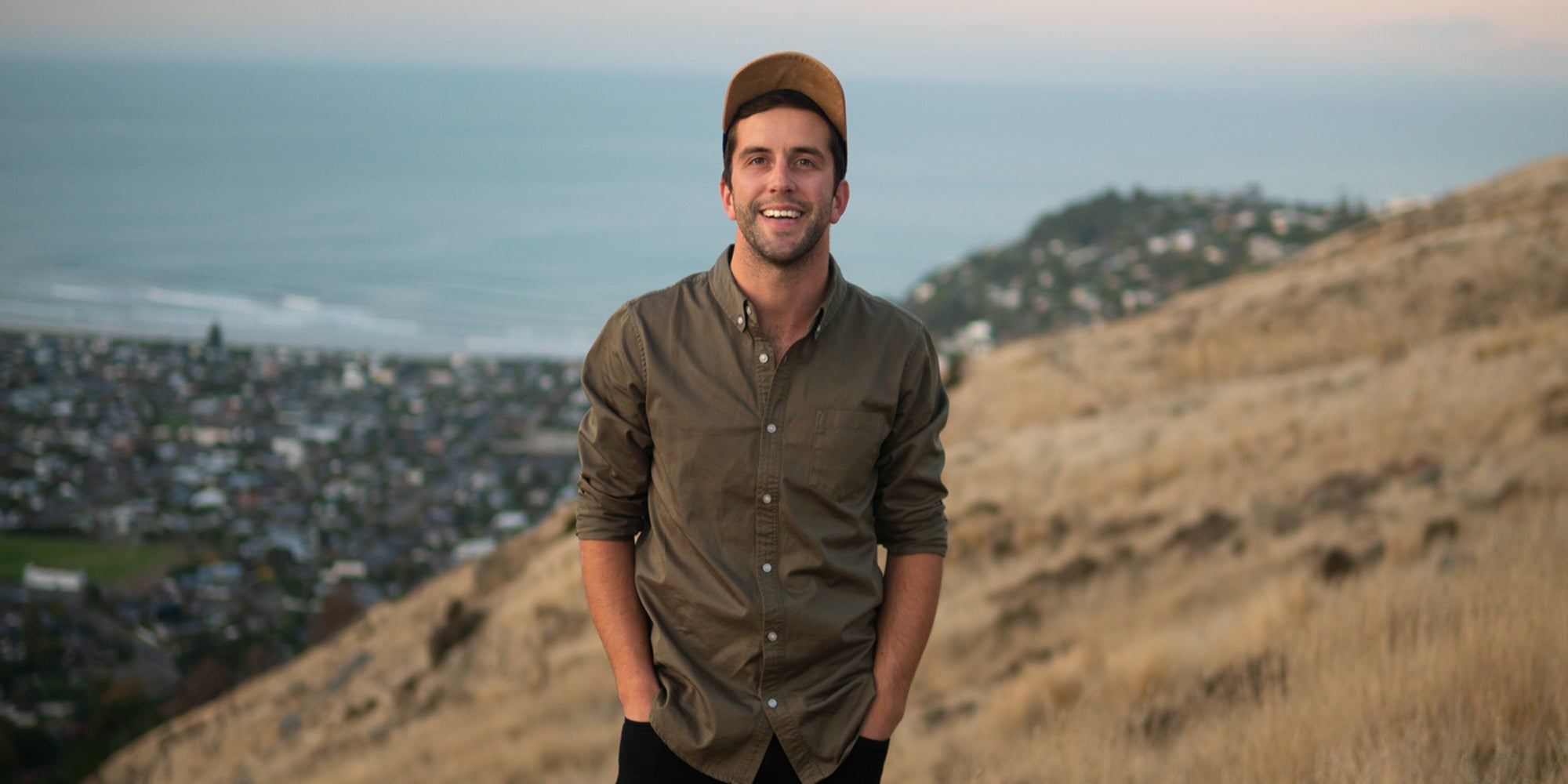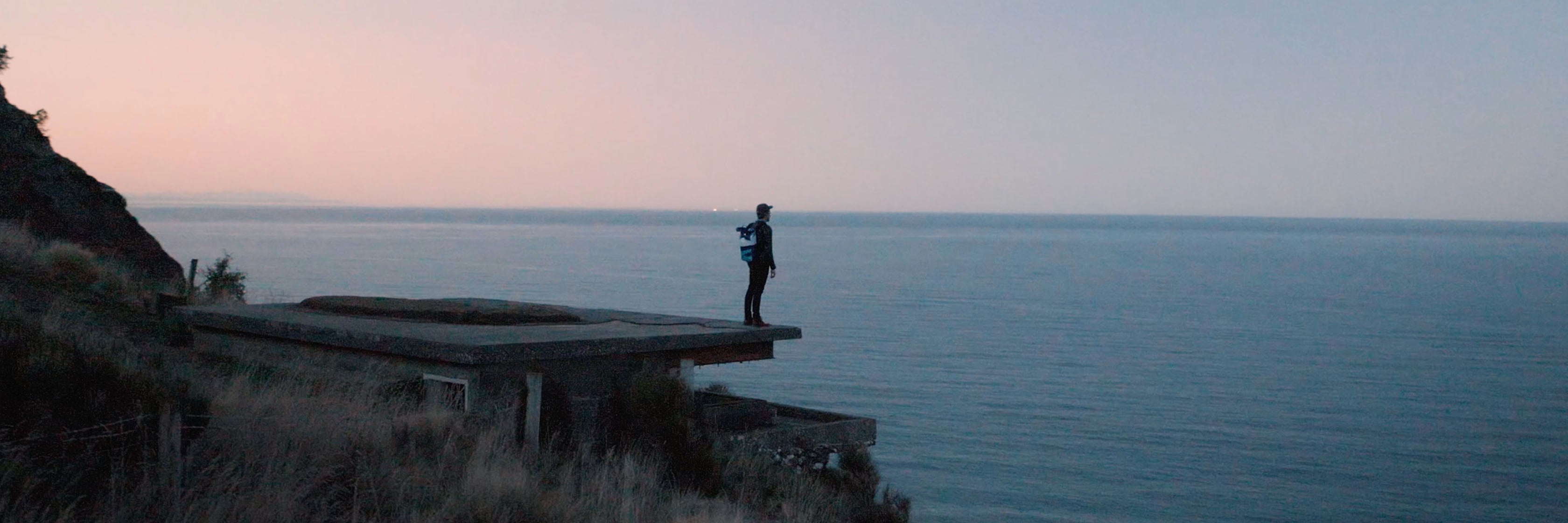Climate change is the headliner, but in my opinion, in the long list of qualifying human-created crises, plastic has got to be the support act.
It’s really getting out of hand. In the next thirty years, we’re expected to produce four times more plastic waste than we have to date. Of the plastic we’ve already produced, we’ve thrown out nearly 80% of it — it’s been cast off on a wild and virtually-endless adventure into the natural world.

What is most concerning is the adventuring plastic that is making its way into our oceans. Not only is it pretty off-putting to walk over on a beach, or paddle out through for a surf; this plastic is causing a marine ecological disaster.
For years it’s been the elephant in the water, but finally, the world is starting to talk about it. Strap yourself in for some big numbers.
"What is most concerning is the adventuring plastic that is making its way into our oceans."
Each year, 8 million tonnes of plastic reaches the ocean. That’s nearly 22,000 tonnes every day, 900 tonnes an hour, 8 tonnes since you started reading this article! Imagine 15 bags filled with plastic for every meter of the world’s coastline, or put another way: the equivalent mass of 615,000 double-decker buses driving into the ocean every year. That’s how much rubbish we’re putting into our oceans.
Needless to say, this isn’t much good for the ocean and, tragically, it is absolutely devastating for many of its residents. Birds, turtles, fish, and marine mammals are all in the firing line.

Albatross chick carcass on Midway Island. P : Chris Jordan.
It is estimated that 90% of all seabirds have swallowed plastic, with things like bottle caps and cigarette lighters being mistaken for food. Plastic bags are a turtle’s worst nightmare as they look like their favourite feed, jellyfish. But, of course, all these imposter meals don’t sit very well. They clog up digestive systems and slowly and painfully kill these animals. The reporting of whales that have succumbed to plastic ingestion also seems to be more common. Netting and other debris can cause entanglement for dozens of species which either drown or spend their lives hauling around an unwelcome guest.
Beyond the larger pieces of plastic that cause the visible harm to marine species, perhaps more sinister is the invisible plastic soup that accounts for 90% of the plastic in the ocean. Over time, sunlight, wave action, and salt break the larger pieces into microplastics. During this time the tiny pieces of plastic get covered in algae, a misfortunate turn of events for small fish species, as the plastic pieces are disguised as tasty snacks. Even by themselves, these plastics aren’t much good when ingested, but when marine pollutants that have run-off the land adhere to their surfaces, they essentially become micro-poison-pills.
What infiltrates the bottom of the marine food chain eventually reaches the top, billions of humans eat fish too — the oceans are the world’s largest source of protein. The bioaccumulation of plastics and the associated toxins through the marine food chain is a human health concern.

Turtle still wrapped in the plastic net that killed it off northern Australia. P : Paul Walters.
The scientific community is only starting to get to work on this, but already it has been indicated that seafood eaters could be ingesting plastic. It seems to be the case that practically all of this passes right through us, but some stays behind. Exactly how these plastics and the pollutants they have soaked up manifest themselves in the human body is currently unknown. But I for one don’t think this research will discover anything positive...
Does this mean that seafood diets are killing us? No, but it’s certainly fish for thought.
I studied oceanography for my undergraduate degree, a sort of all-inclusive package of the physics, chemistry, and biology of the ocean.
I know exactly where I was when I first heard the statement: 'By 2050 there could be more plastic in the ocean than fish'.
Woah. Excuse me? Come again?
Sat fifth row from the front, in my second year Marine Ecology lecture, I was totally shocked but I wasn’t quite sold, so I checked it out. Unfortunately, that horrendous prediction was pretty much on the money.
"I know exactly where I was when I first heard the statement: 'By 2050 there could be more plastic in the ocean than fish'."
Studies continue to support it to this day. In fact, previous work might even be underestimating the scale of what we’re dealing with! There are always uncertainties with these projections but it’s pretty damn clear that there is a truly incredible amount of plastic entering our oceans, and it is only increasing.
The plastic problem is so bad for two simple reasons: plastic is bloody useful stuff and it’s really cheap to make. This means it’s everywhere in our lives and when we don’t need it anymore we don’t think twice about throwing it away.

Cheap, colourful plastic is everywhere.
In the developed world we’re getting a lot better at dealing with it through initiatives such as recycling, reusing, bans on certain plastics, and even complete avoidance. But in developing states this simply isn’t the case. The perfect recipe for disaster is found in coastal nations where the population is growing, development is exploding and waste management isn’t keeping pace — or is outright non-existent.
One of the most accessible places you can go to see this in person is Bali. Offcut was recently on the island sourcing remnant fabrics, but we had to talk about this too.
Bali is one of the 17,000 or so islands of Indonesia, a nation of 261 million people. All these people live close to the sea and have been introduced to plastic. With no education and limited services in place for rubbish collection, the surrounding seas deal with the consequences.
The marine waste problem in Indonesia is of epic proportions. Two of the top ten most polluted rivers on Earth are in Indonesia, and of course, almost every river leads to the sea.
The plastic problem in Bali is very seasonal. Firstly, we have the tropical wet and dry season. The wet season inflates rivers and runoff moves plastic through the Bali waste stream far more effectively. It ends up in the sea. Secondly, we have the wind. The prevailing winds dictate where surface currents will move this floating plastic around the Indonesian archipelago. At certain times of year, these winds blow plastic in from the more populated parts of Indonesia.
When these forces line up, stuff can get pretty out of hand.
Every morning, before tourists wake up and head down to the beach, an army beat them to it. But not to catch the first waves or rays. This is an army of workers tasked by each of their employers to clean the beaches outside their resorts and hotels, to maintain the look of postcard-perfect paradise. Some days are worse than others.

Surfer riding a plastic barrel. P : Zak Noyle.
Tragically, Bali is one tiny island in a relatively small sea and when we go global on this, things don’t look any better. The scale of this problem is colossal in certain hotspots across our seas where ocean currents carry plastic into garbage patches. The Great Pacific Garbage Patch has become infamous and estimates put its area around three times the size of France.
So what do we do about it?
There are some pretty cool initiatives taking off, one of my favourites are these guys who are envisioning a clean up of epic proportions. The Ocean Cleanup is using a passive drifting system that takes advantage of ocean currents and extracts plastic from surface waters. They estimate they can clear up the Great Pacific Garbage Patch in only 5 years! This is pretty exciting stuff.
"Cleaning up plastic in the middle of the ocean is too late for the countless fish, birds, turtles, sharks, and whales that eat this stuff."
But we can do better, there is no point continuously cleaning up! That is not a solution. Cleaning up plastic in the middle of the ocean is too late for the countless fish, birds, turtles, sharks, and whales that eat this stuff. We need to stop it from getting there in the first place. I’m hopeful tech advances and some out-of-the-box thinking will help us out. These guys have just produced plastic bags that dissolve in water! And these legends have developed plastic-less biodegradable water bottles.
But we all need to chip in to make this right. It’s really easy to make excuses, we’ve all done it.
I hear you say, “one plastic bag, what difference will that make?” But when there are 7.6 billion of us, that excuse becomes as harmful as plastic itself! It results in 500 billion being made every year, 1 million used every single minute! These are truly terrifying numbers.

The amount of single-use plastic we use is kinda impossible to visualise.
So how does one person play a part in this? Well, first I’d encourage you to think about it, properly. Are you using single-use plastics in your life when you don’t need them?
As devastating as 7.6 billion people making excuses is, 7.6 billion people taking action would be as kick arse as a child of Batman and Wonder Woman with Popeye as a nutritionist and Dwayne Johnson as gym coach. Did someone say, “Captain Planet”?
So here’s a hit list: 7 things you can do that collectively will make a difference.
-
Don’t accept plastic straws, anywhere, anytime.
-
Use a backpack or bag-for-life (those cool fabric and jute ones) on your shopping trips. Or, if you just have a handful of items, then… just make your hands full! Say no to plastic bags.
-
Get yourself a permanent water bottle and refill it. When you’re in places where tap water is not drinkable, buy the big 20 litre reusable water containers and refill your smaller bottle with that (this is very easy to do in many popular tourists spots overseas). On a two week holiday, you will prevent dozens of plastic bottles from starting a journey that will most likely finish in the sea. Plus, you’ll save yourself some dollar dollar bills, yo!
-
BYO jars to food stores which encourage you to do so for their bulk bins. Next time you come home from the supermarket, take a look at all the plastic used in the packaging for the food we buy. It’s insane how much we could save if we didn’t constantly package our food in it.
-
BYO containers to your favourite takeaway eateries. Do you really need your curry in a brand new single-use plastic container? Just bring your own and I guarantee it’ll taste better as you feel good about what you’ve done.
-
Drop plastic wrapping for sandwiches and other home-prep food, buy reusable containers or biodegradable wrapping.
-
This is the hardest one but possibly the most important: if you see a friend being wasteful when it comes to plastic, gently tell them in the nicest possible way that it’s not cool, and explain why. It’s only when there’s social shift in thinking that we’ll see the kind of action from government and business that we need.

Plastic bag alternatives earn major swag points.
I’m not preaching, I’m a crook on some of this stuff too, but we can all definitely try harder.
"Sometimes, the hardest thing with these global challenges is getting your head around the fact that collective action does actually add up."
In western countries, we each create around 31 kg of plastic waste per year. If just Europeans, North Americans, Australians, and New Zealanders reduced that by just 10% (which is very easy to do) we’d prevent 4,340,000,000 kg (or 4.3 million tonnes — equivalent to the mass of 333,846 double-decker buses) of plastic from being thrown out. That’s pretty goddamn rad if you ask me. Imagine the impact at 50%!
Sometimes, the hardest thing with these global challenges is getting your head around the fact that collective action does actually add up.
A collective excuse does not.
It’s easy to say it doesn’t make a difference, but in fact, you’re the only thing that can make a difference. It’s simple maths.
Where are we going to end up if we don’t start accepting this?
The answer is: in a very very desperate situation.
Let’s not go there.



